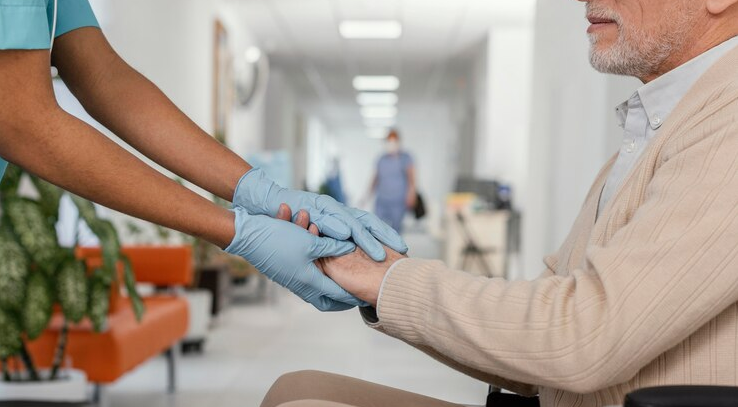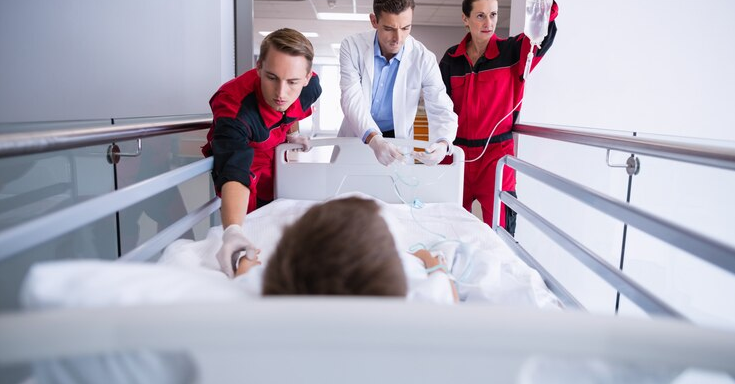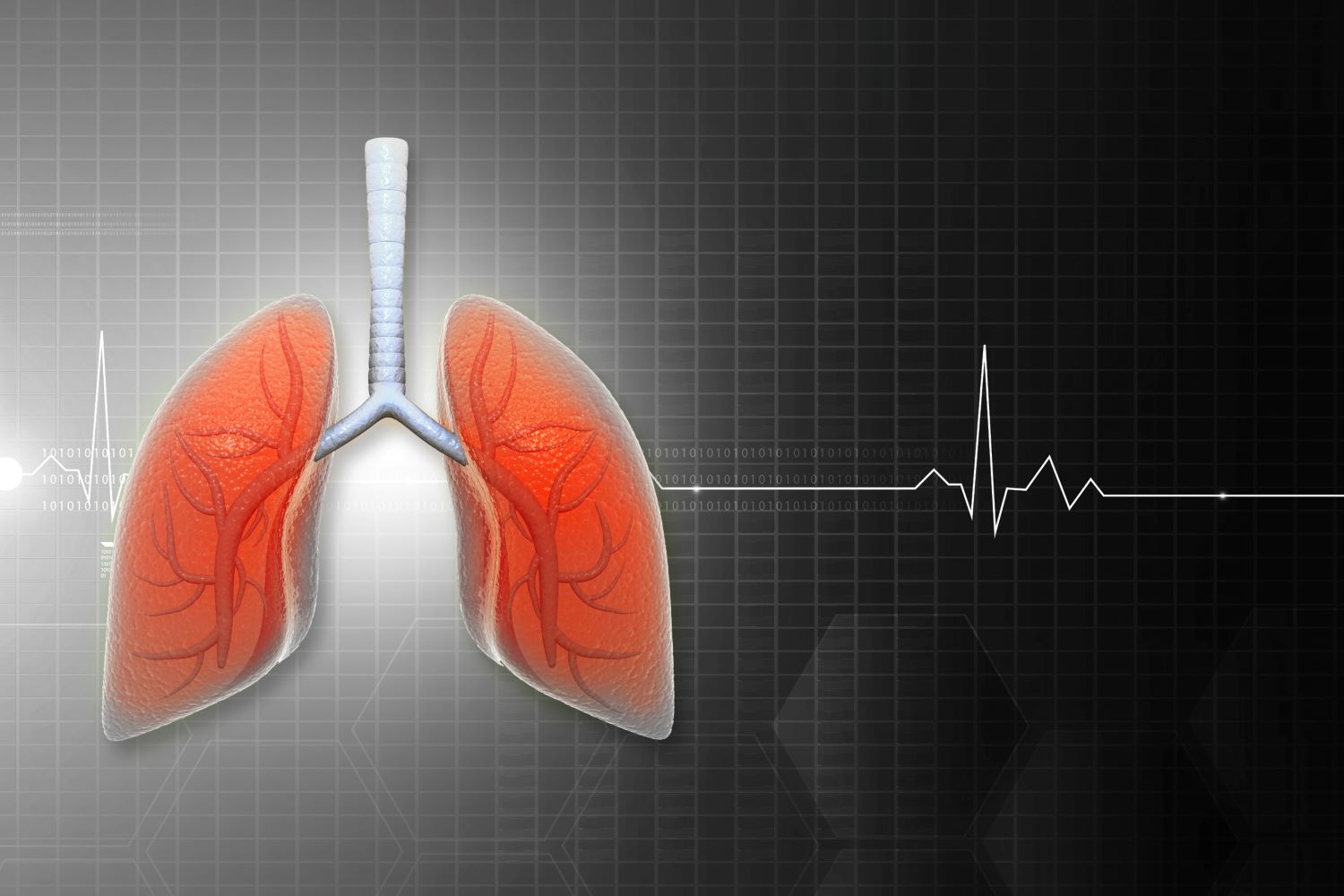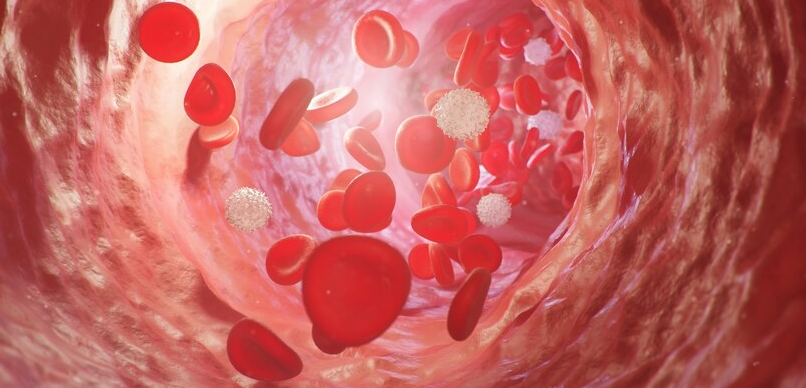Background The risk of developing peptic ulcers and gastrointestinal bleeding is high in patients with chronic kidney disease (CKD). Whether or not kidney transplant patients, who are treated with multiple medications, including immunosuppressive drugs, are at an increased risk of developing peptic ulcers is unclear. Methods In this retrospective study, we compared the clinical and endoscopic features of gastroduodenal ulcers between kidney transplant patients and CKD patients. The subjects underwent upper gastrointestinal endoscopy between January 2015 and March 2021. Results Gastroduodenal ulcers were observed more frequently (6.5%) in kidney transplant patients than in CKD patients (2.1%) (p=0.026). Due in part to the lower median age in the kidney transplant ulcer group than in the CKD ulcer group (59 vs. 70 years old, p=0.016), the rates of atrophic gastritis and Helicobacter pylori infection were also lower in the kidney transplant ulcer group than in the CKD ulcer group. Significantly more kidney transplant patients were treated with acid secretion inhibitors than CKD ulcer patients (100% vs. 34.8%, p=0.0005). Peptic ulcers were observed frequently in kidney transplant patients, even though common risk factors for gastroduodenal ulcers other than immunosuppressive drugs were few. All kidney transplant patients were taking immunosuppressive medications, and tacrolimus, mycophenolate mofetil, and methylprednisolone were taken more frequently than others. Conclusion Kidney transplant patients have a high risk of developing gastroduodenal ulcers. All kidney transplant patients take immunosuppressive medications, so there may be an association between immunosuppressive medications and gastroduodenal ulcer development.















